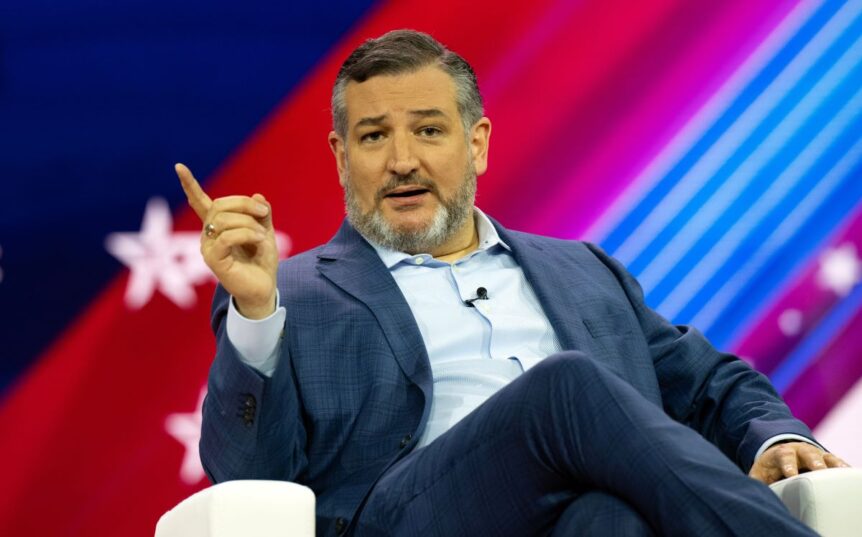Ever wonder why some politicians keep denying climate change despite overwhelming evidence? It’s not just about belief—it’s about money, power, and influence. Here’s a look at how their self-serving interests are harming our planet and future.
1. Senator Joe Manchin: Economic Ties
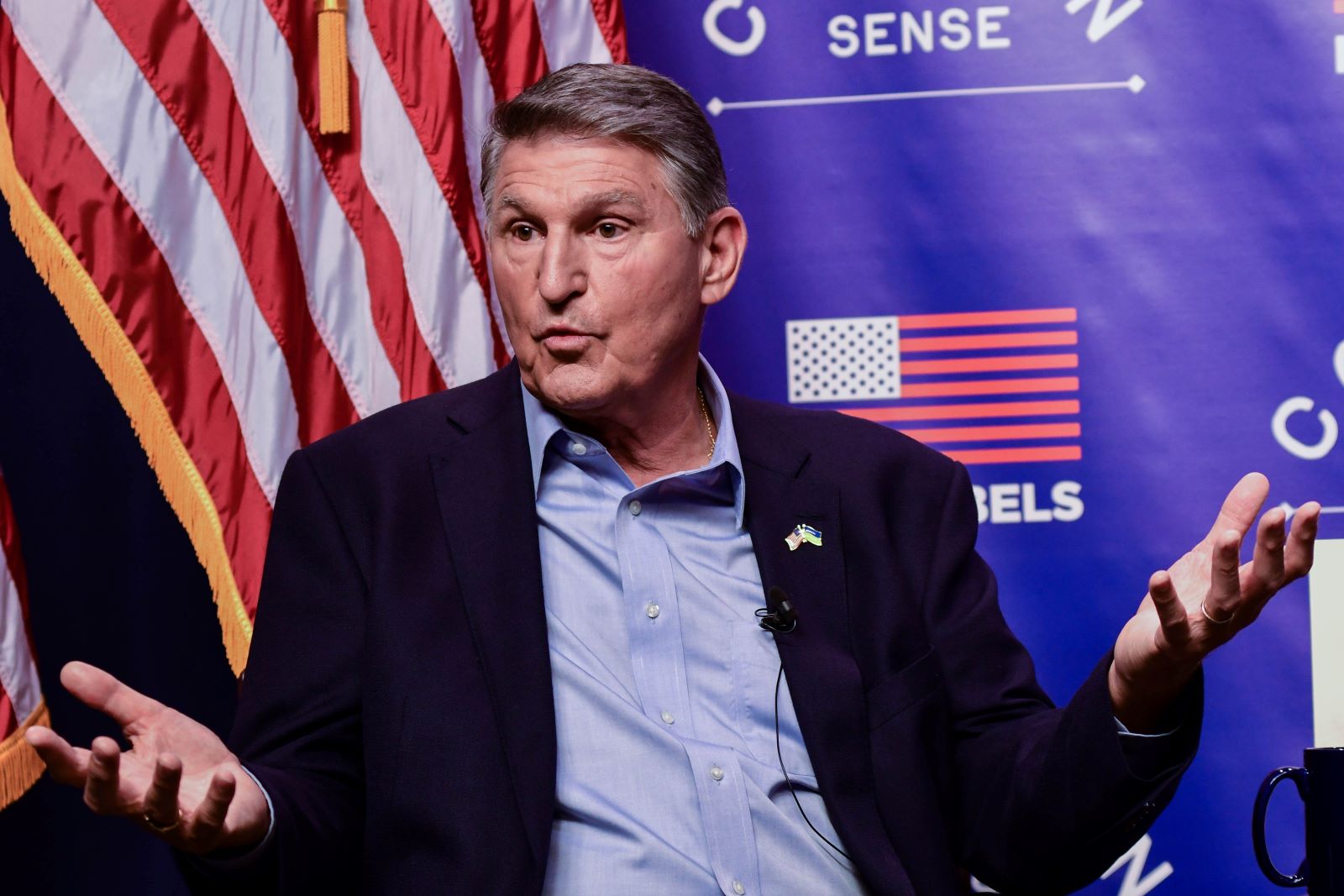
Image Credit: Shutterstock / Andrew Cline
Manchin has significant personal investments in coal companies, earning him millions of dollars. His pro-coal stance aligns perfectly with these financial interests, opposing aggressive climate policies to protect his income.
2. Senator Ted Cruz: Campaign Contributions
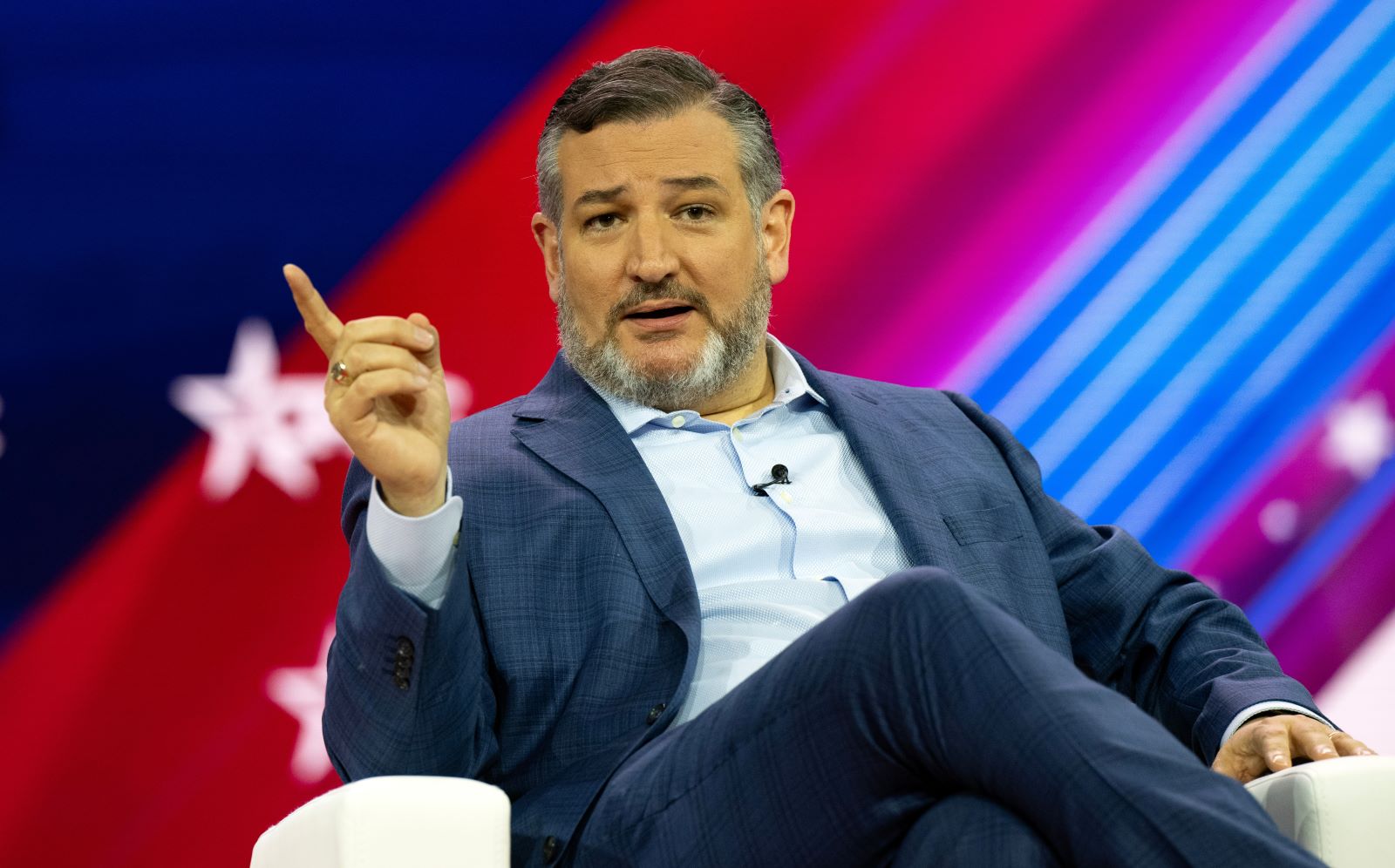
Image Credit: Shutterstock / Consolidated News Photos
Cruz receives hundreds of thousands of dollars from the oil and gas industry. This financial support directly influences his opposition to many climate change initiatives, prioritizing industry profits over environmental health.
3. Senator Jim Inhofe: Personal Investments

Image Credit: Shutterstock / val lawless
Inhofe, known for denying climate change, has received significant campaign contributions from the fossil fuel industry. His legislative actions reflect a direct link between these contributions and his policy positions.
4. Senator Mitch McConnell: State Economy and Contributions
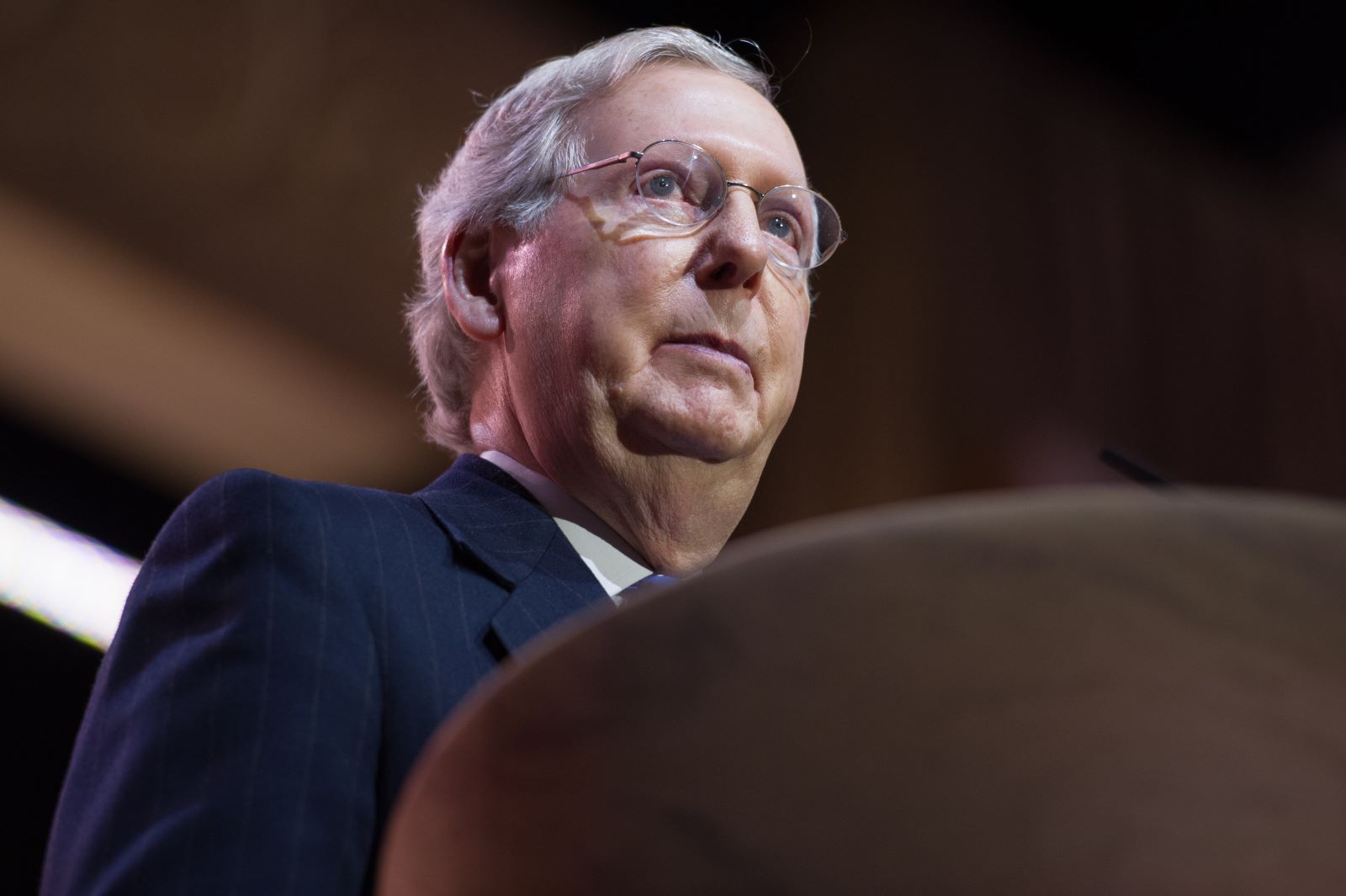
Image Credit: Shutterstock / Christopher Halloran
McConnell represents Kentucky, heavily dependent on coal, and has received substantial political contributions from the sector. His resistance to climate policies is driven by both state economic interests and financial backers.
5. Former President Donald Trump: Ideological Stance
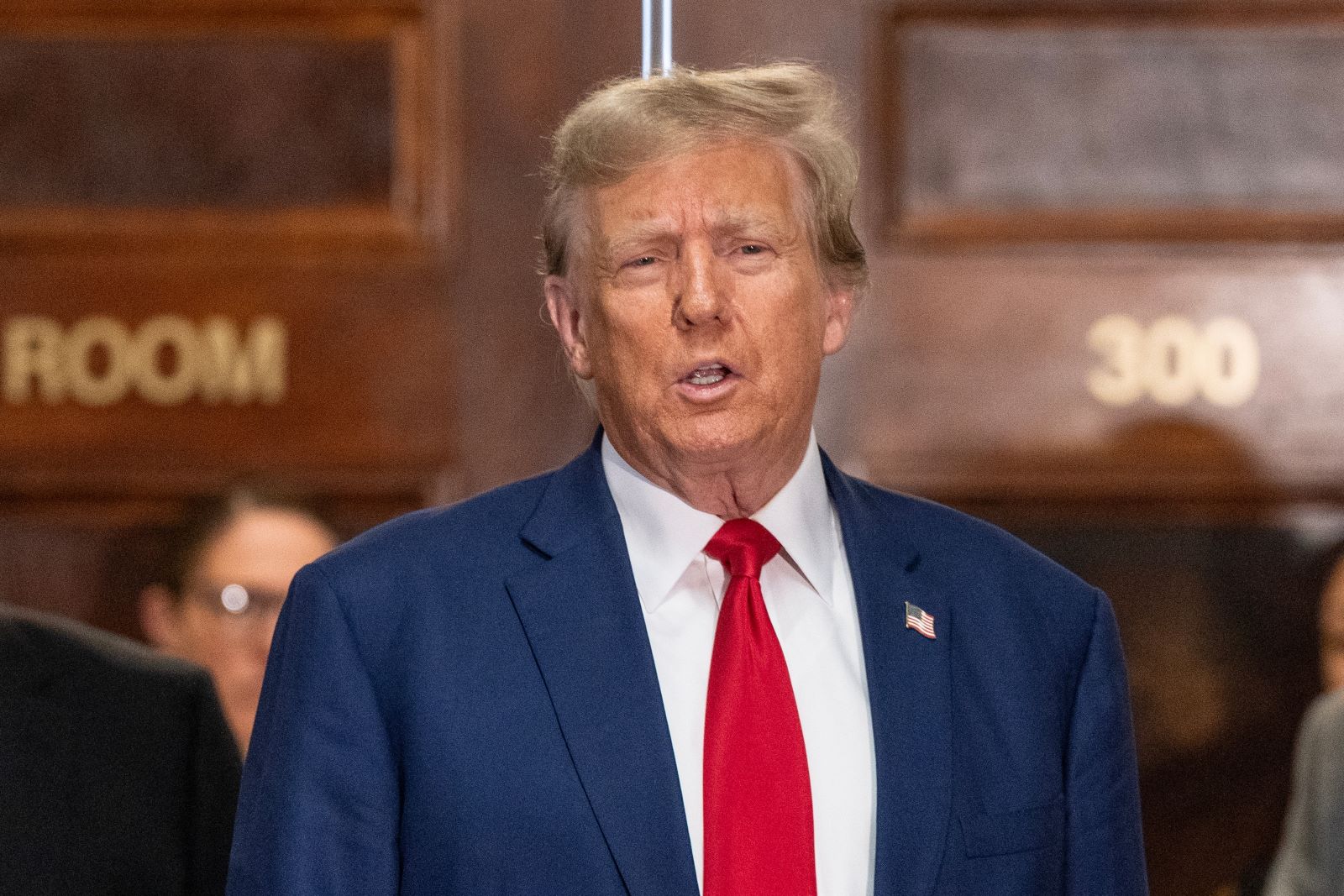
Image Credit: Shutterstock / lev radin
Trump rolled back numerous environmental regulations, prioritizing economic growth over environmental concerns. His business-oriented approach ignored scientific advisories in favor of short-term profits.
6. Representative Kevin McCarthy: Political Strategy
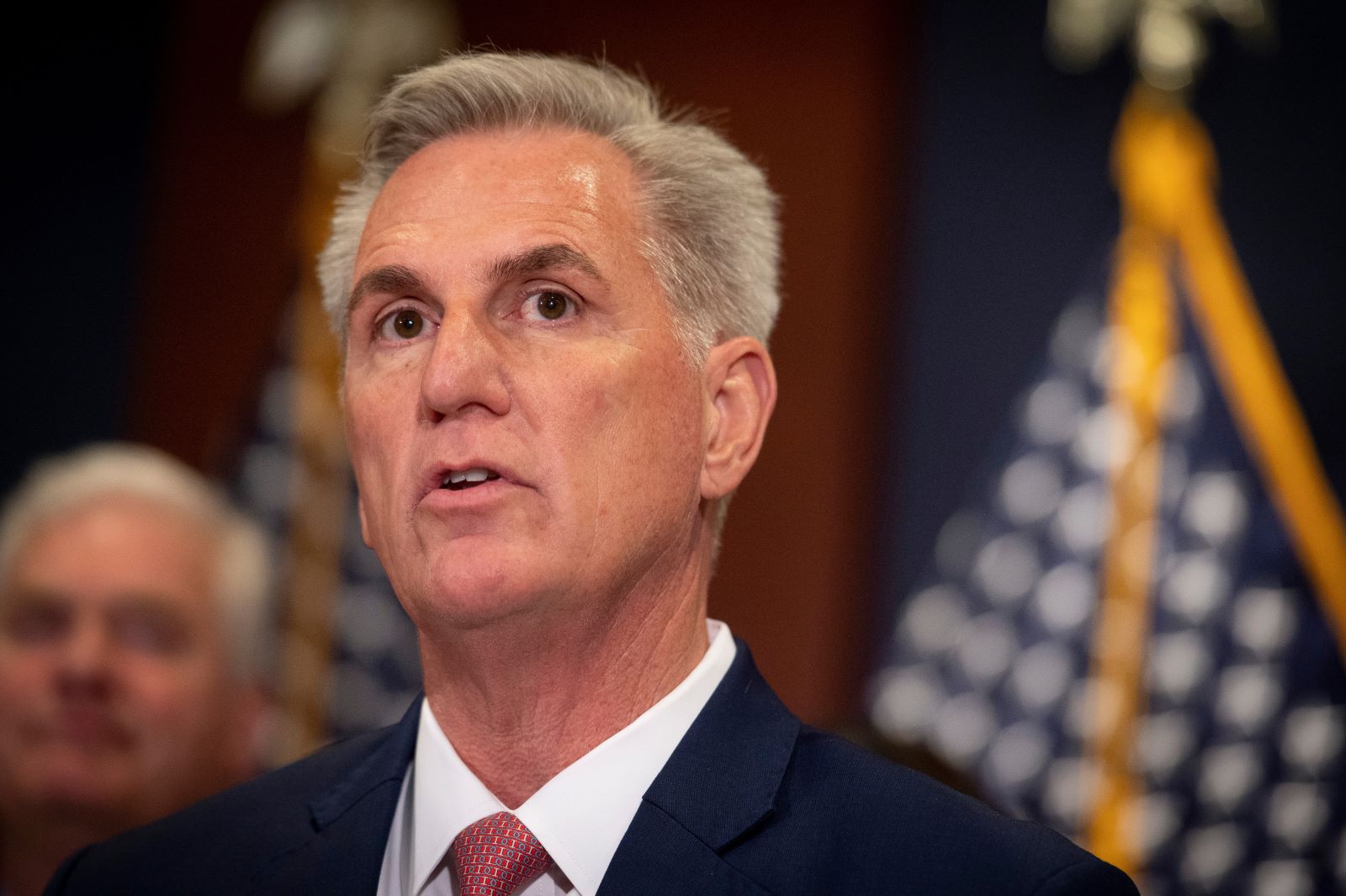
Image Credit: Shutterstock / Consolidated News Photos
McCarthy strategically acknowledges climate change but opposes Democratic approaches to addressing it. This helps him maintain his political base’s support while attempting to appear moderate.
7. Senator John Barrasso: Committee Influence
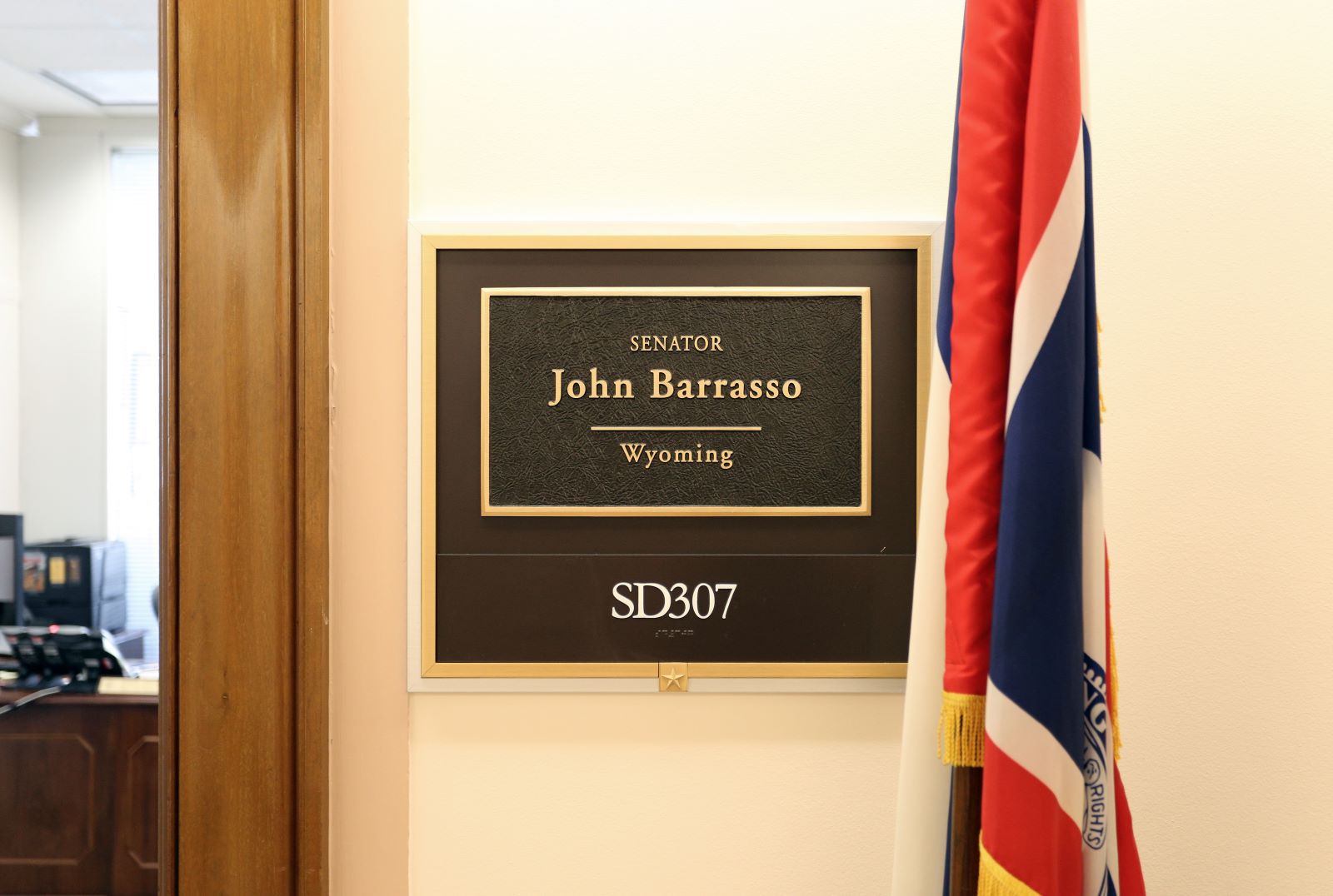
Image Credit: Shutterstock / Katherine Welles
As a key member of the Senate Committee on Environment and Public Works, Barrasso questions climate science, heavily influenced by Wyoming’s coal interests. His position protects state economic interests at the environment’s expense.
8. Senator Roy Blunt: Lobbying and Contributions
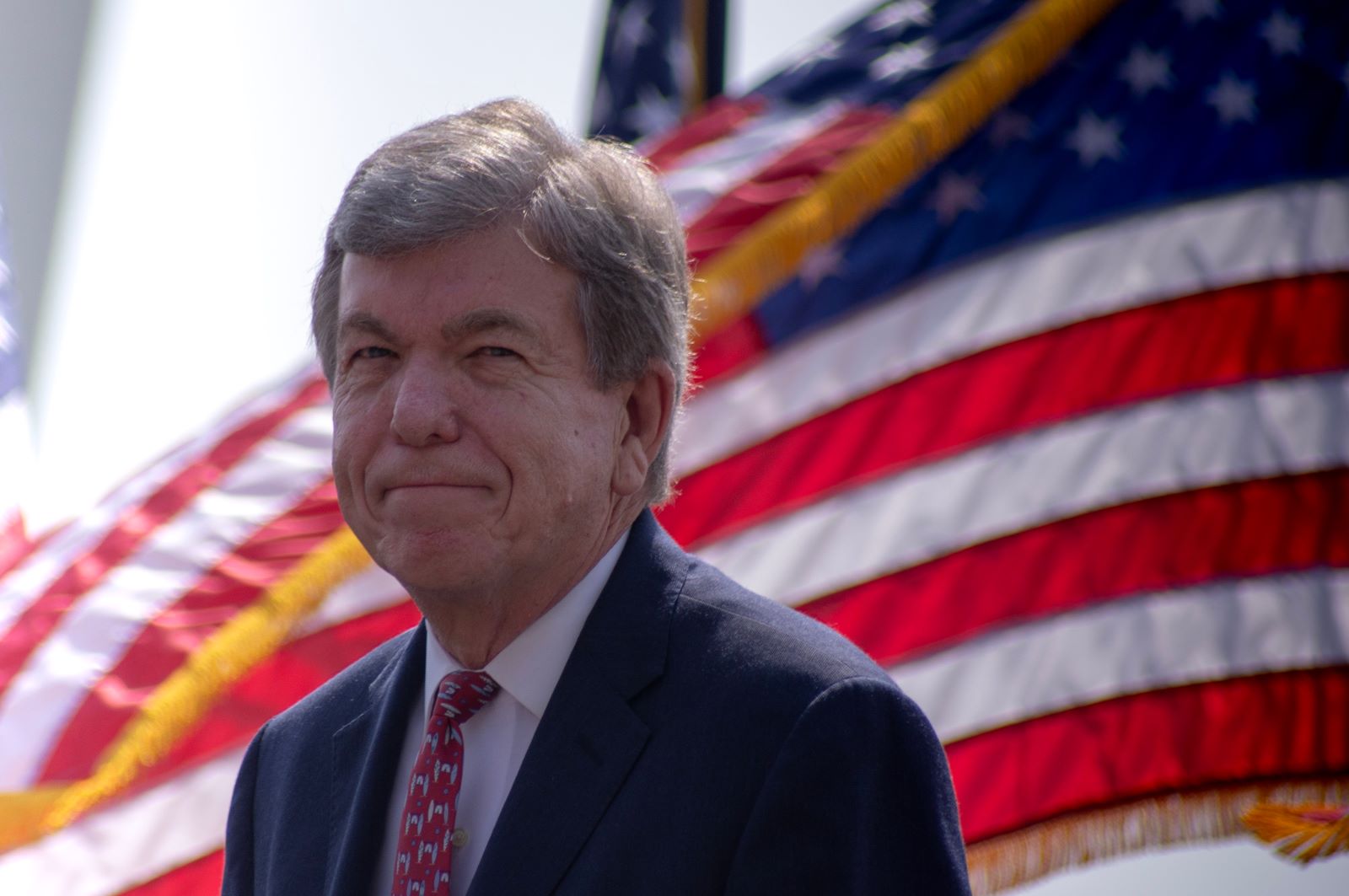
Image Credit: Shutterstock / RozenskiP
Blunt has received considerable donations from the utility sector and consistently votes against climate change legislation. His actions are directly linked to financial contributions from industries resistant to regulation.
9. Senator Lisa Murkowski: Balanced Approach Due to State Interests
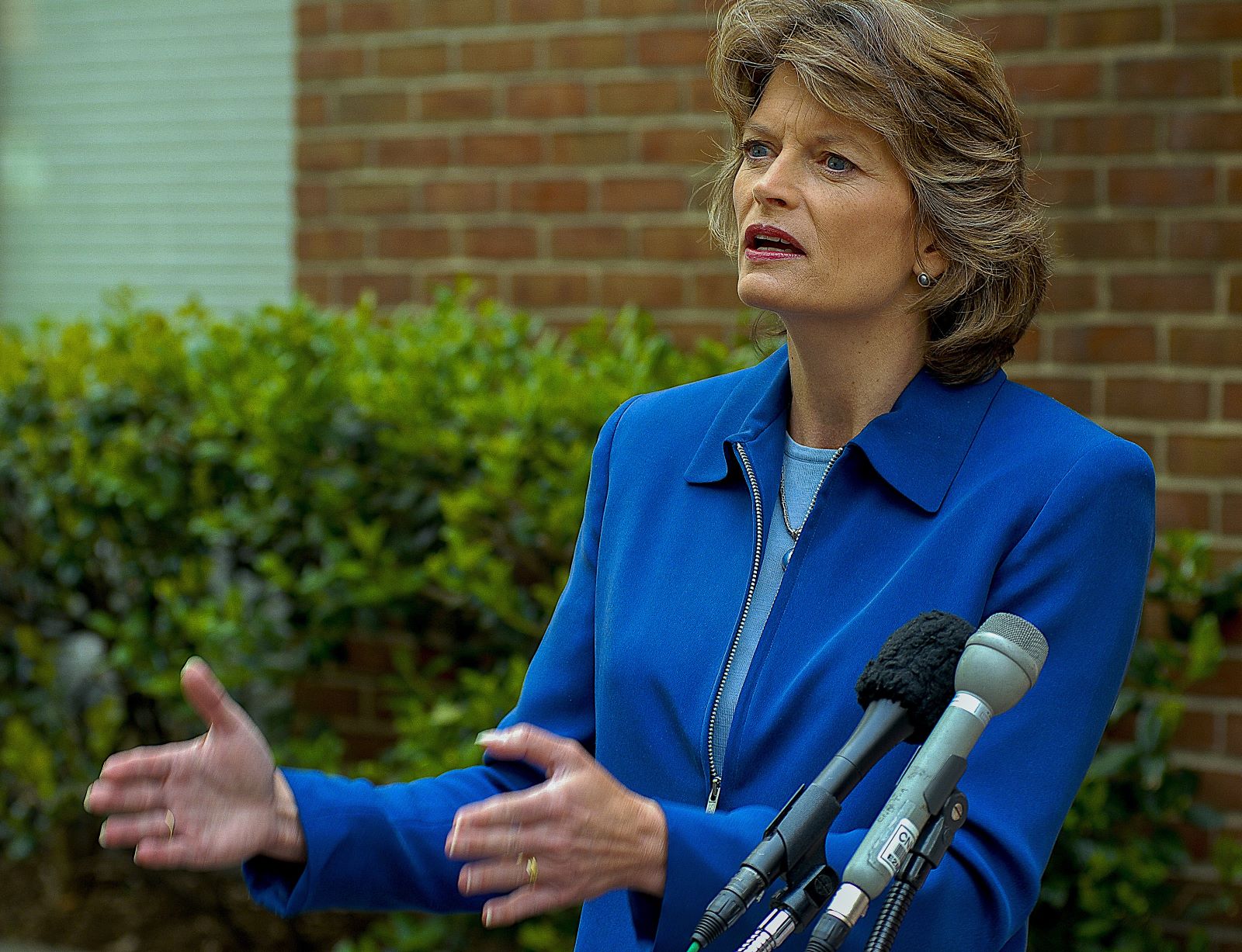
Image Credit: Shutterstock / mark reinstein
Murkowski represents Alaska and recognizes climate change impacts but advocates for oil drilling in the Arctic. Her stance illustrates the conflict between environmental concerns and economic benefits to her state.
10. Senator Marco Rubio: State Vulnerability vs. Political Alignment
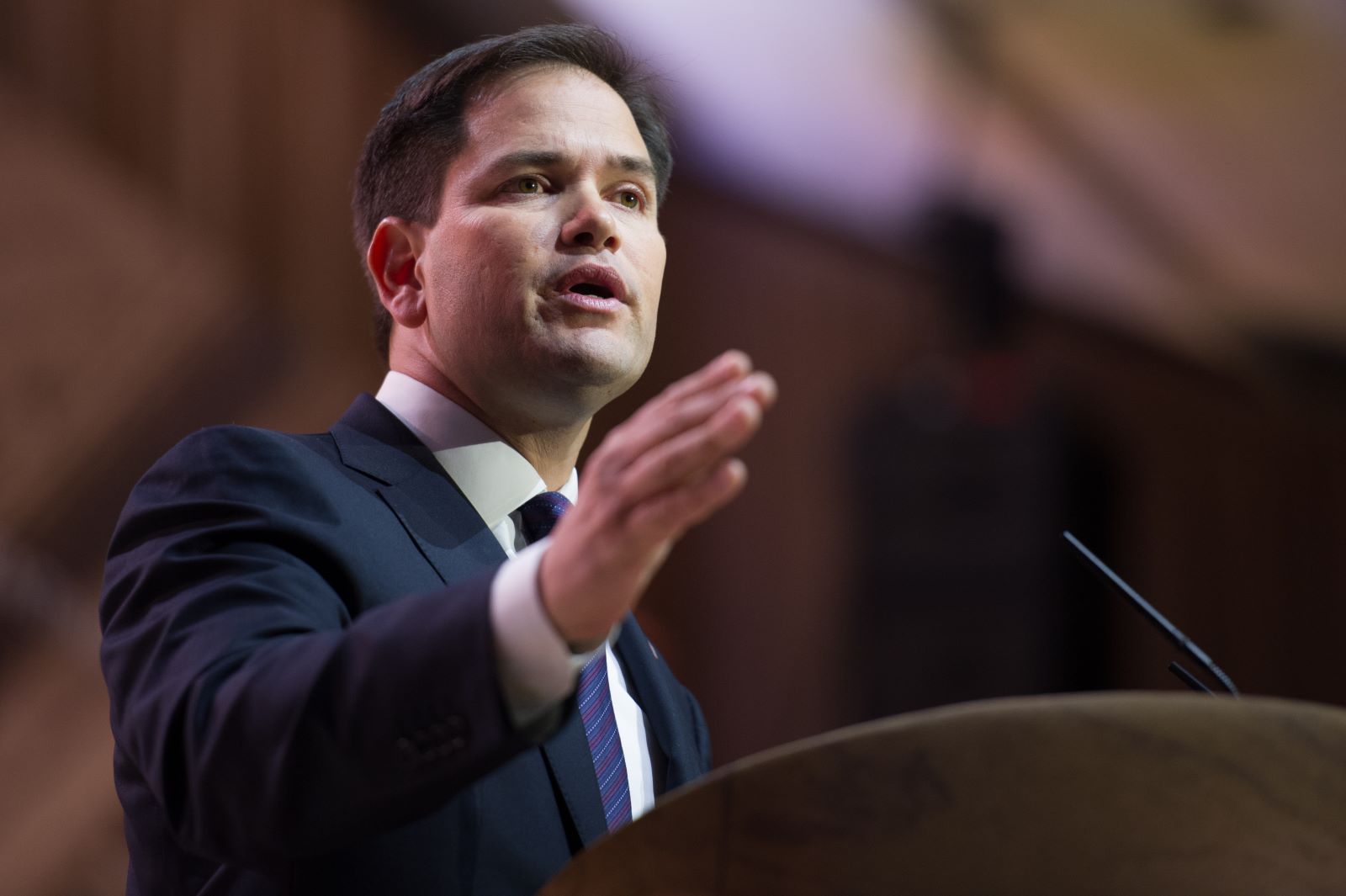
Image Credit: Shutterstock / Christopher Halloran
Despite representing Florida, vulnerable to sea-level rise, Rubio expresses skepticism about human contributions to climate change. His stance aligns more with broader Republican views than with his state’s interests.
11. Representative Steve Scalise: Industry Alignment
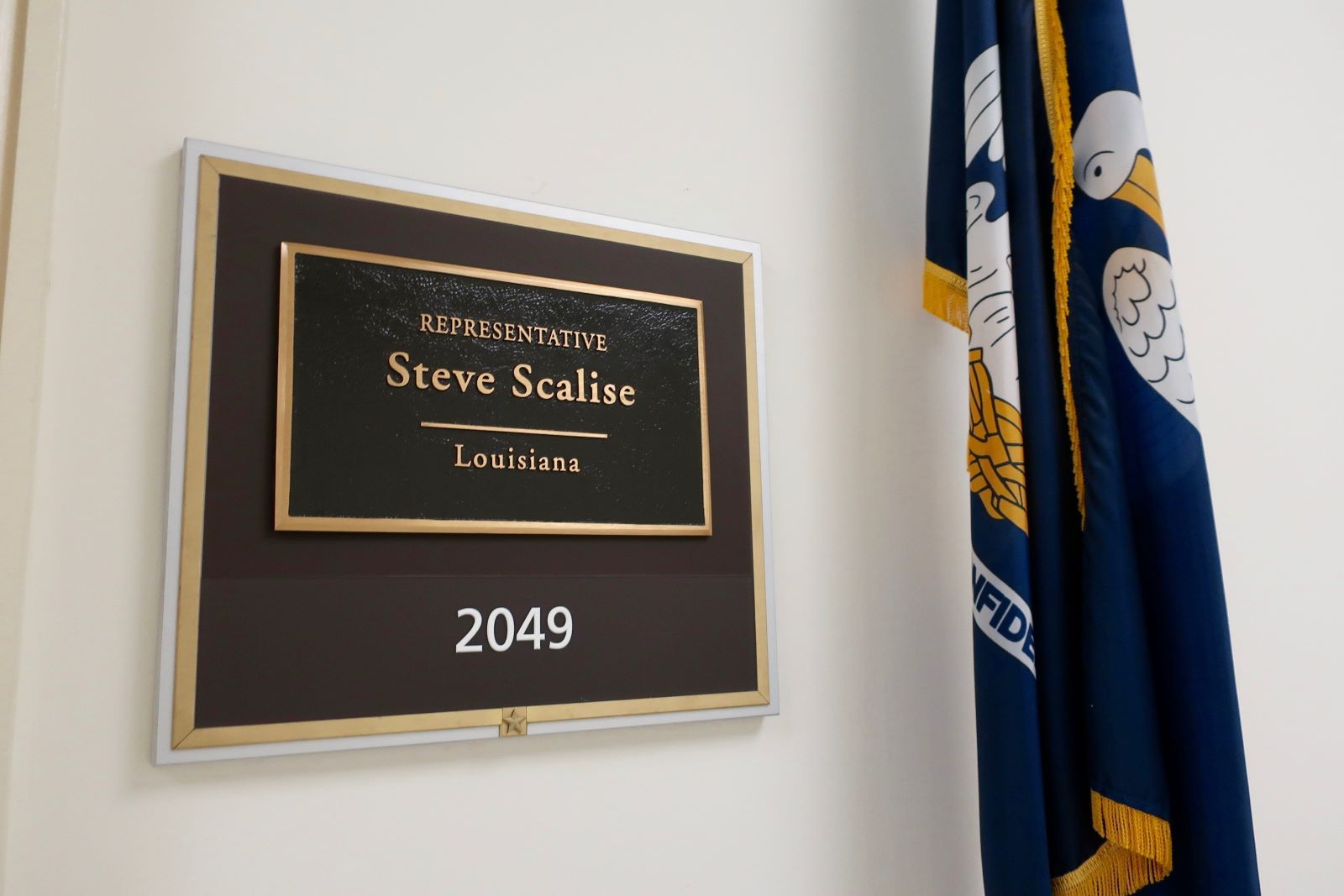
Image Credit: Shutterstock / DCStockPhotography
Scalise criticizes climate science, aligning with Louisiana’s oil and gas industries, crucial to his state’s economy and political support. His denial protects these industries from regulation.
12. Representative Louie Gohmert: Outright Denial for Political Identity
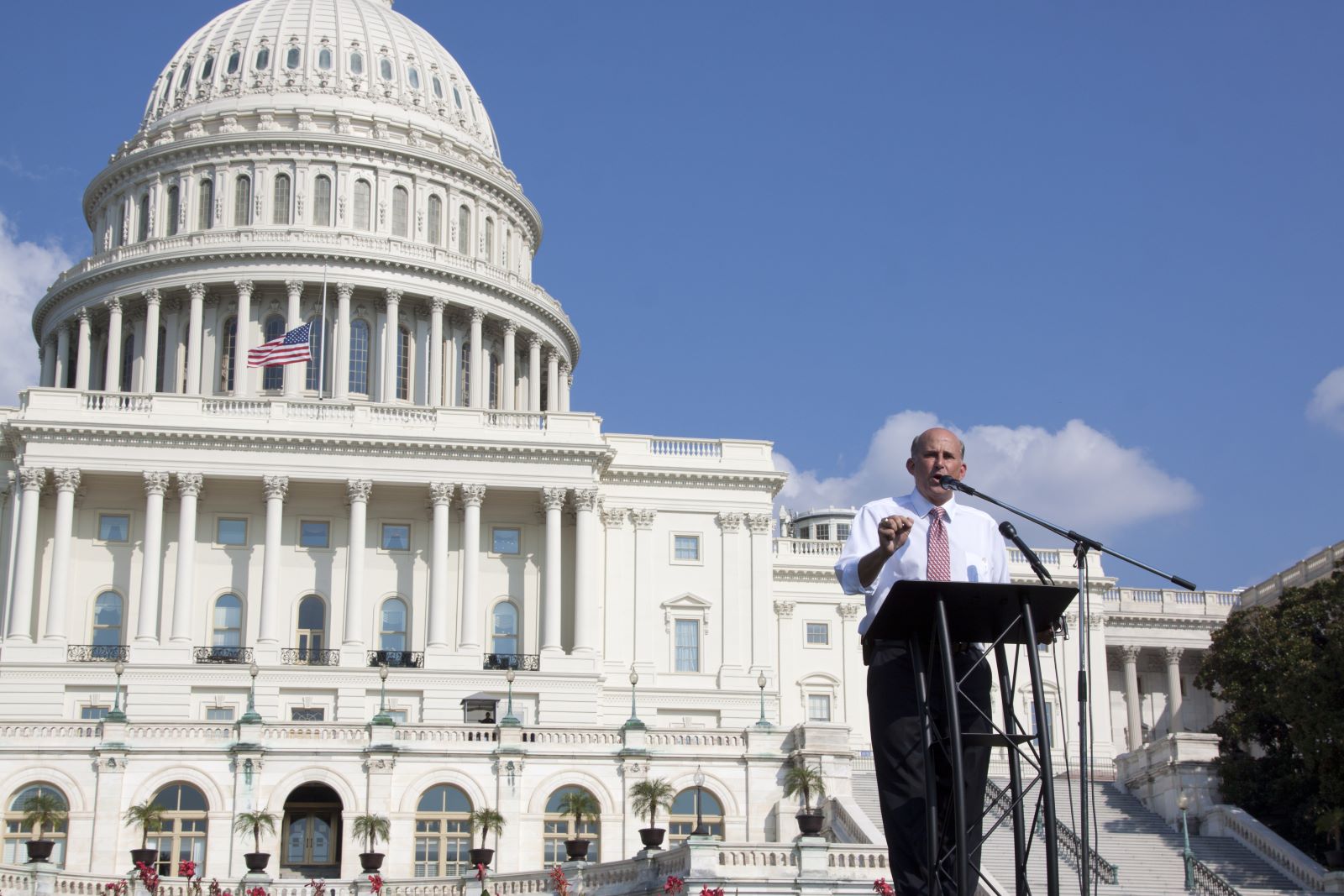
Image Credit: Shutterstock / Glynnis Jones
Gohmert denies established climate science to bolster his identity within the far-right faction of his party. His stance appeals to a base skeptical of mainstream science.
13. Senator Cindy Hyde-Smith: Agribusiness Contributions
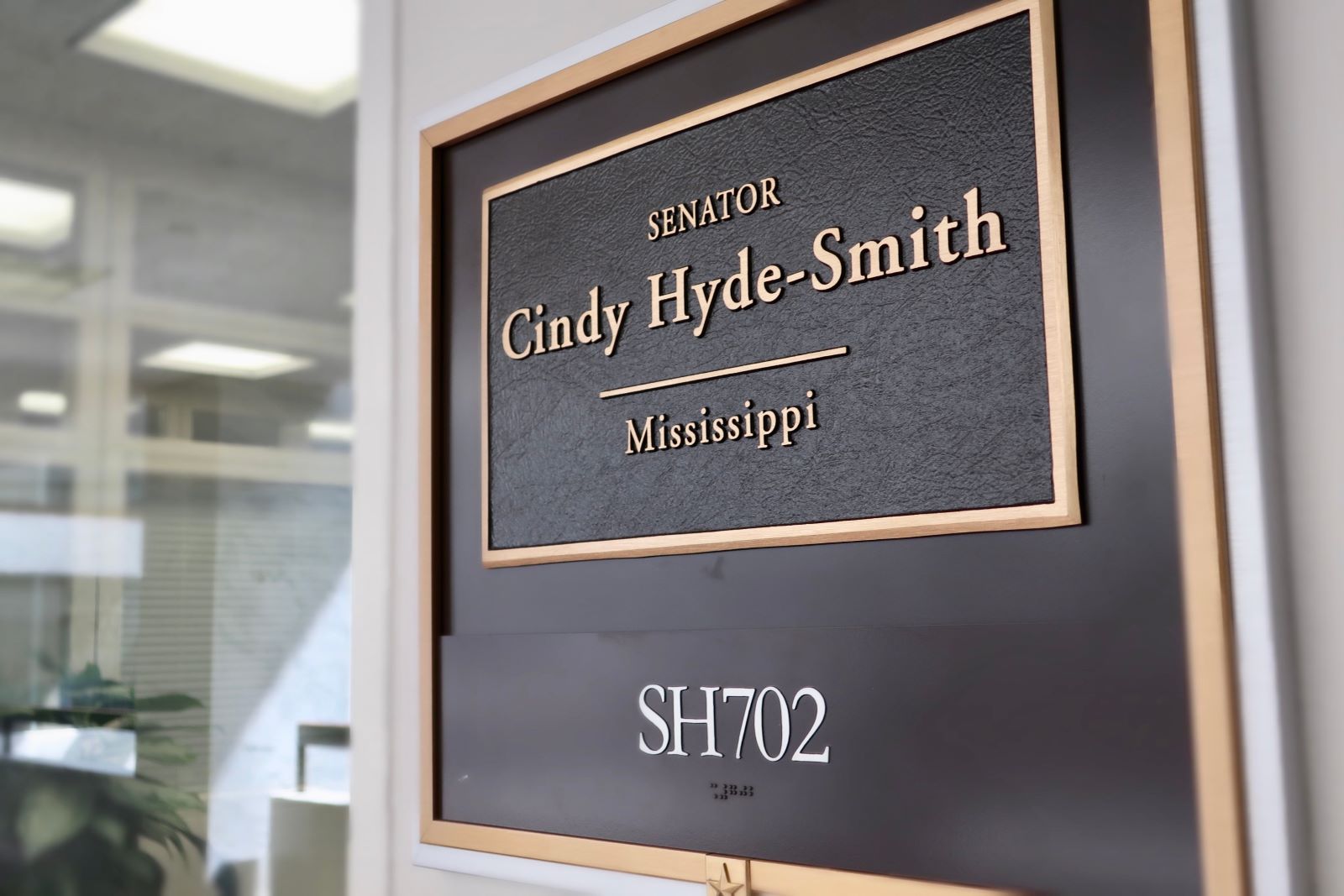
Image Credit: Shutterstock / DCStockPhotography
Hyde-Smith opposes climate policies due to substantial support from agribusiness, which prefers less regulation to maximize production. Her stance prioritizes industry profits over environmental sustainability.
14. Senator Rand Paul: Libertarian Views
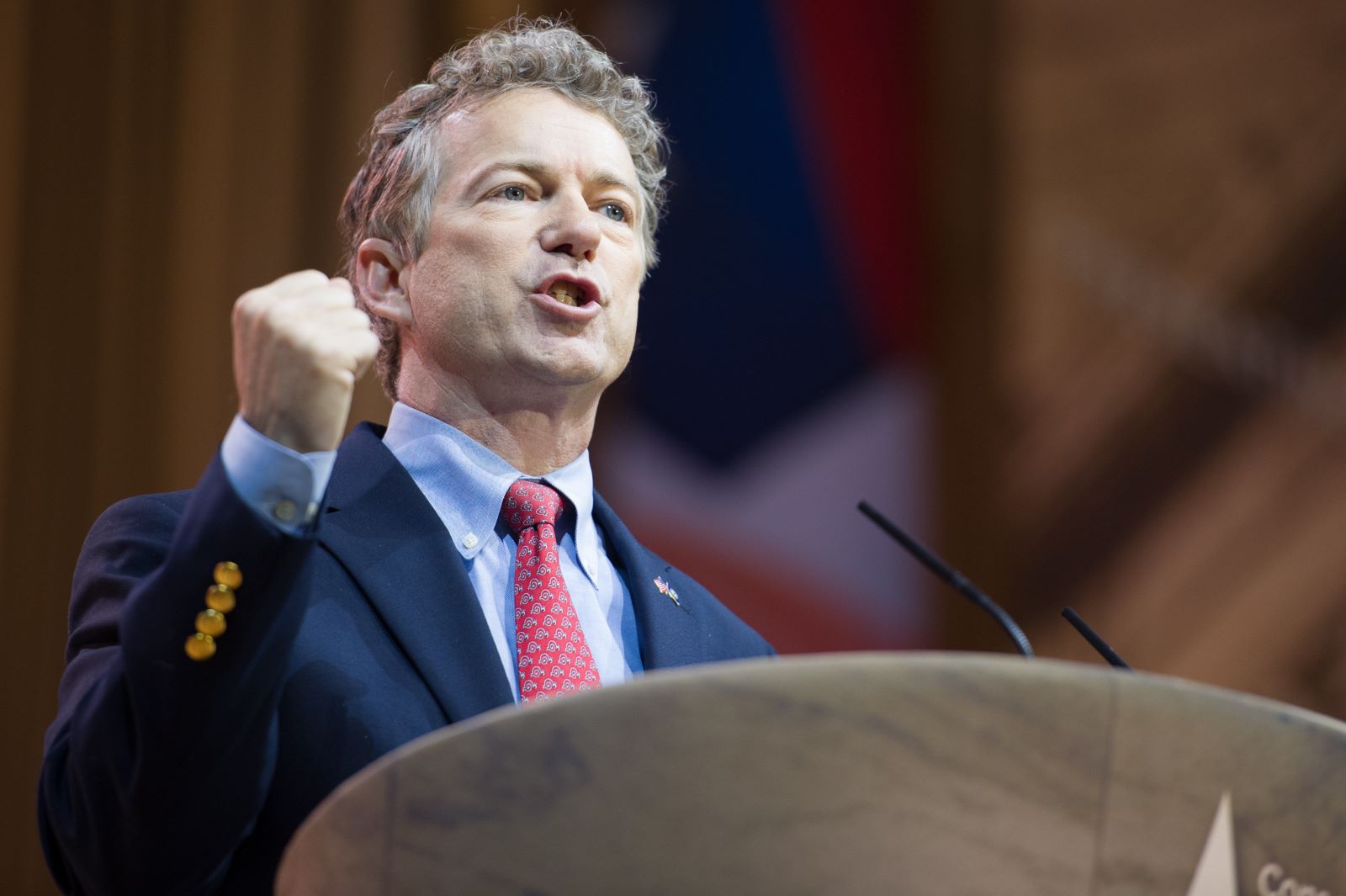
Image Credit: Shutterstock / Christopher Halloran
Paul’s libertarian views drive his opposition to climate regulations, preferring market-based solutions. His stance ignores the urgency of the climate crisis in favor of minimal government intervention.
15. Senator Rick Scott: Previous Government Role
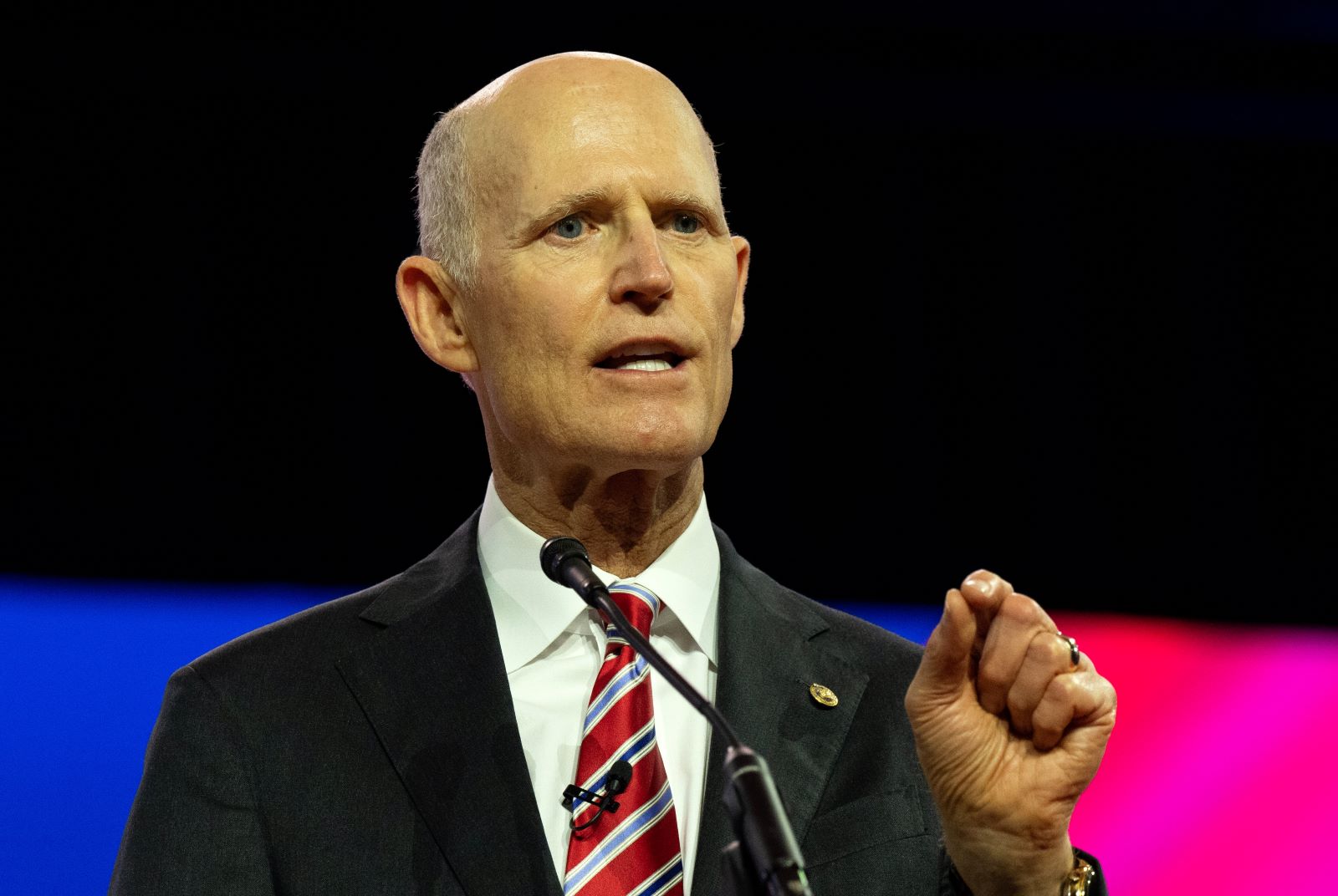
Image Credit: Shutterstock / Consolidated News Photos
As Florida’s former governor, Scott allegedly banned the term “climate change” among state officials. His policies as a senator continue to reflect this controversial stance, prioritizing economic interests.
16. Senator James Lankford: Religious and Economic Justifications
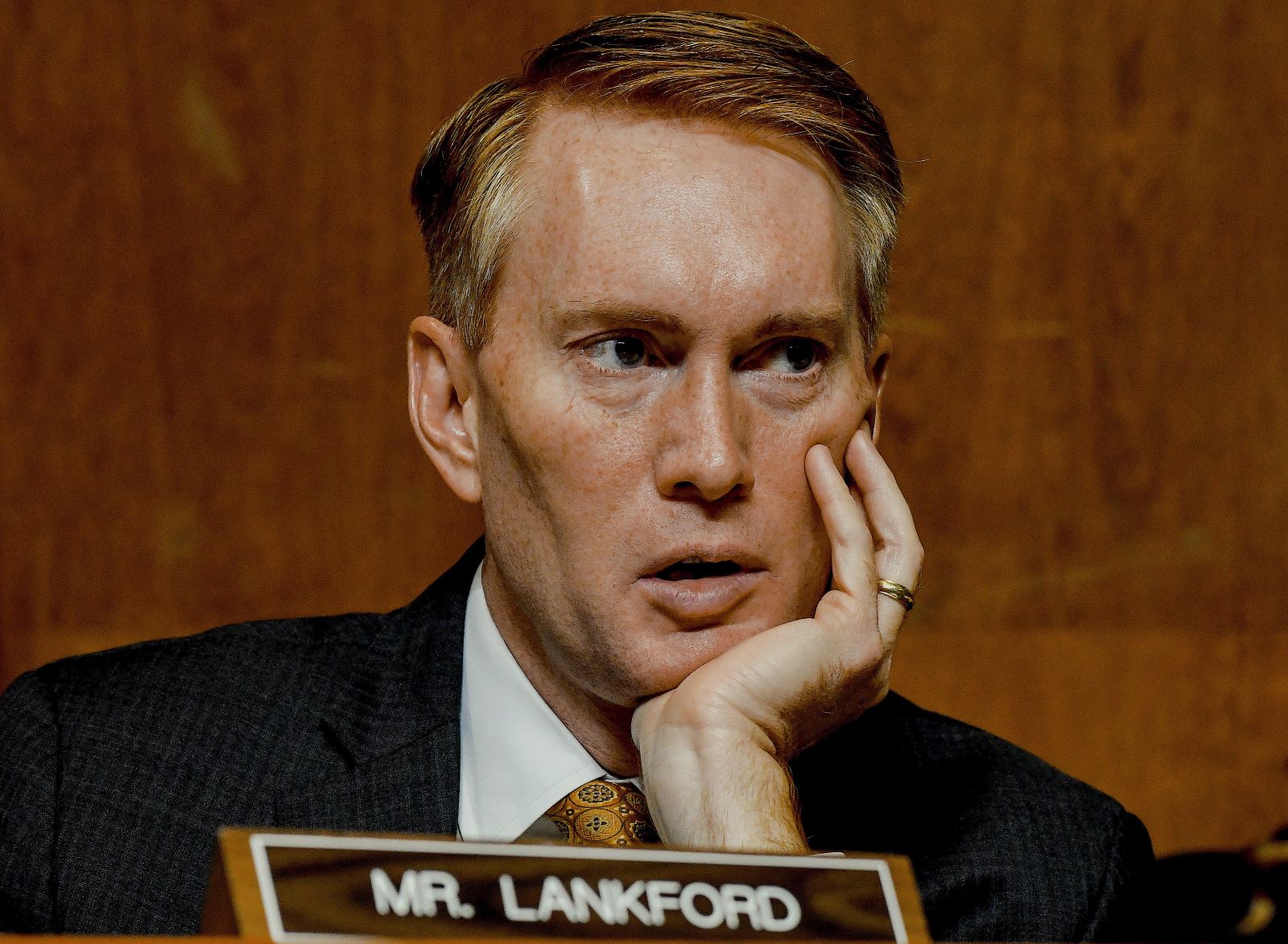
Image Credit: Shutterstock / mark reinstein
Lankford blends economic concerns with religious justifications to question climate policies. His unique stance appeals to his conservative base, prioritizing personal beliefs over scientific consensus.
17. Representative Marjorie Taylor Greene: Conspiracy Theories
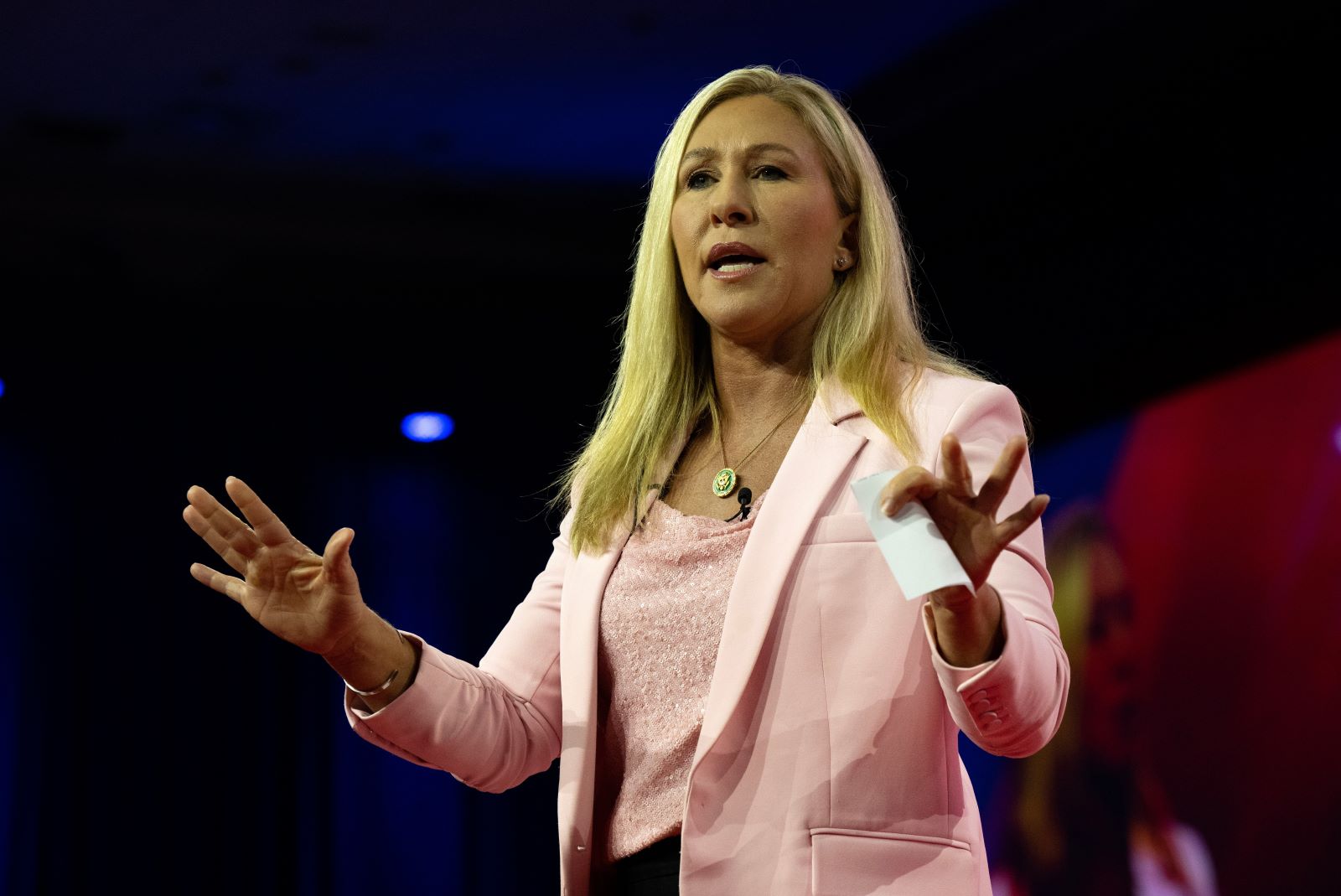
Image Credit: Shutterstock / Consolidated News Photos
Greene endorses various conspiracy theories, including climate change denial. Her stance contradicts mainstream scientific consensus, appealing to a base distrustful of government and science.
18. Former Representative Lamar Smith: Science Committee Controversy
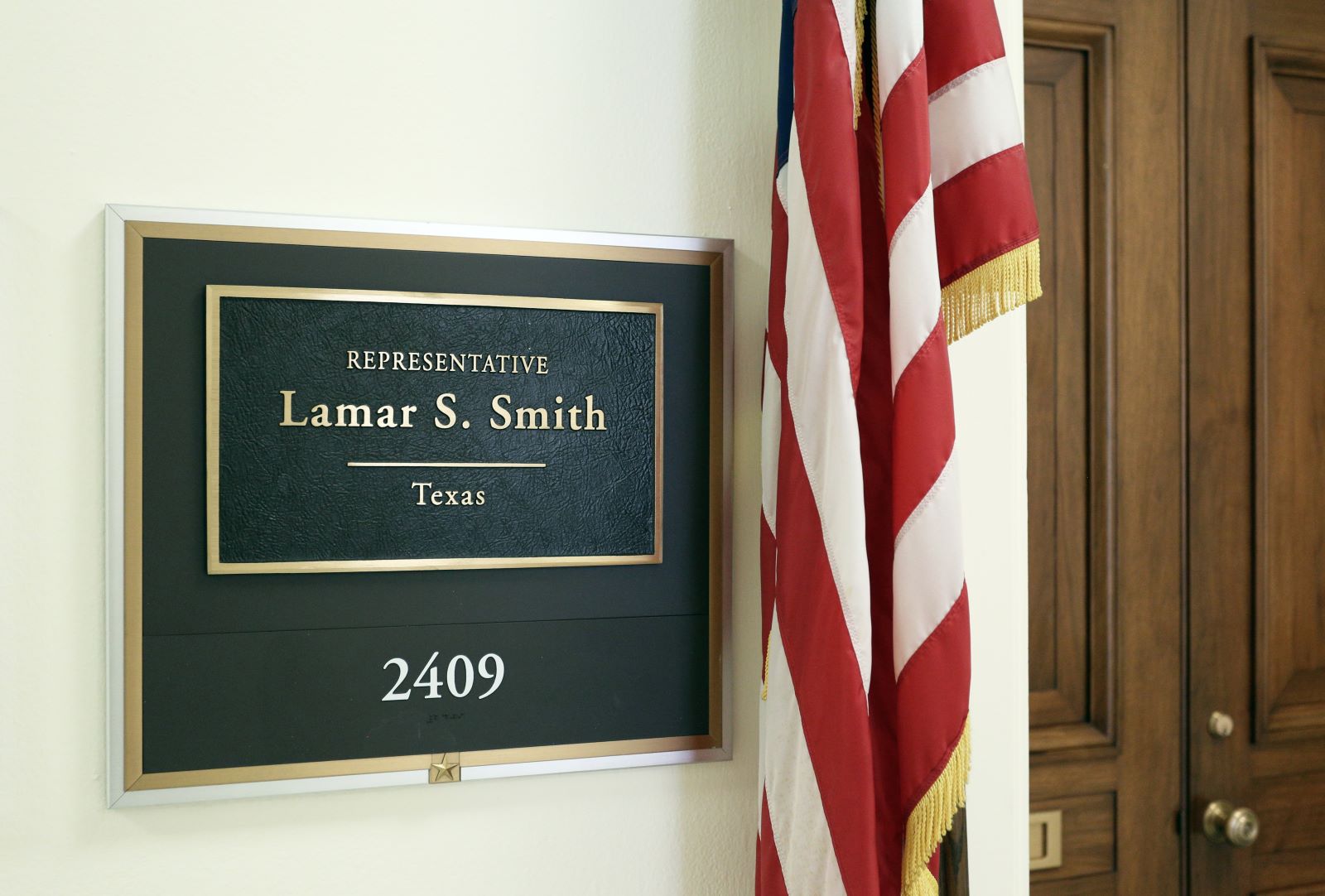
Image Credit: Shutterstock / Katherine Welles
Smith, while chairing the House Science Committee, accused climate scientists of data manipulation. His close ties with the fossil fuel industry influenced his controversial claims.
19. Senator Tom Cotton: National Security Perspective
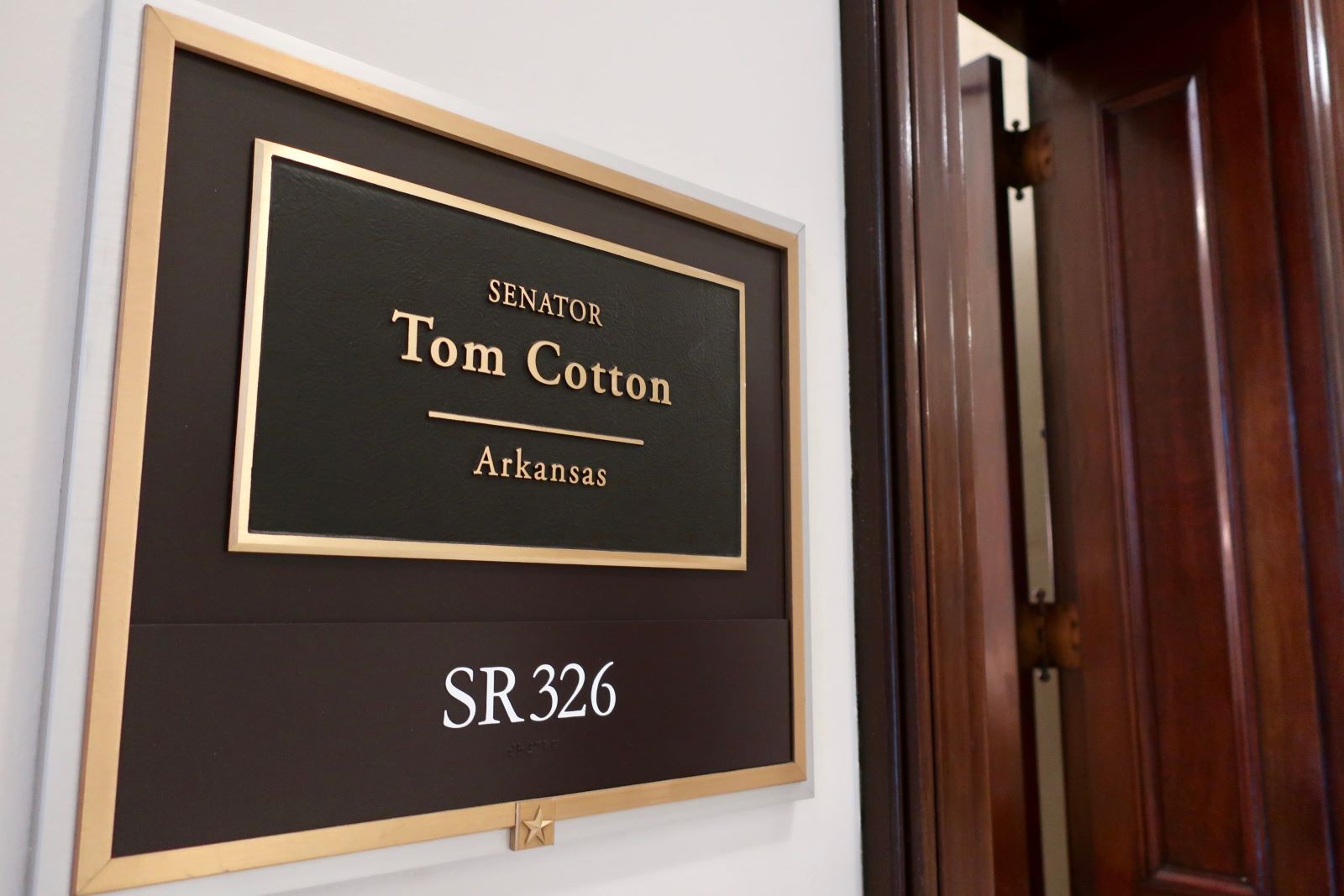
Image Credit: Shutterstock / DCStockPhotography
Cotton opposes climate action, framing it as a national security issue. He argues that climate measures could weaken America’s geopolitical stance, prioritizing perceived security over environmental health.
20. Representative Mike Kelly: Auto Industry Ties
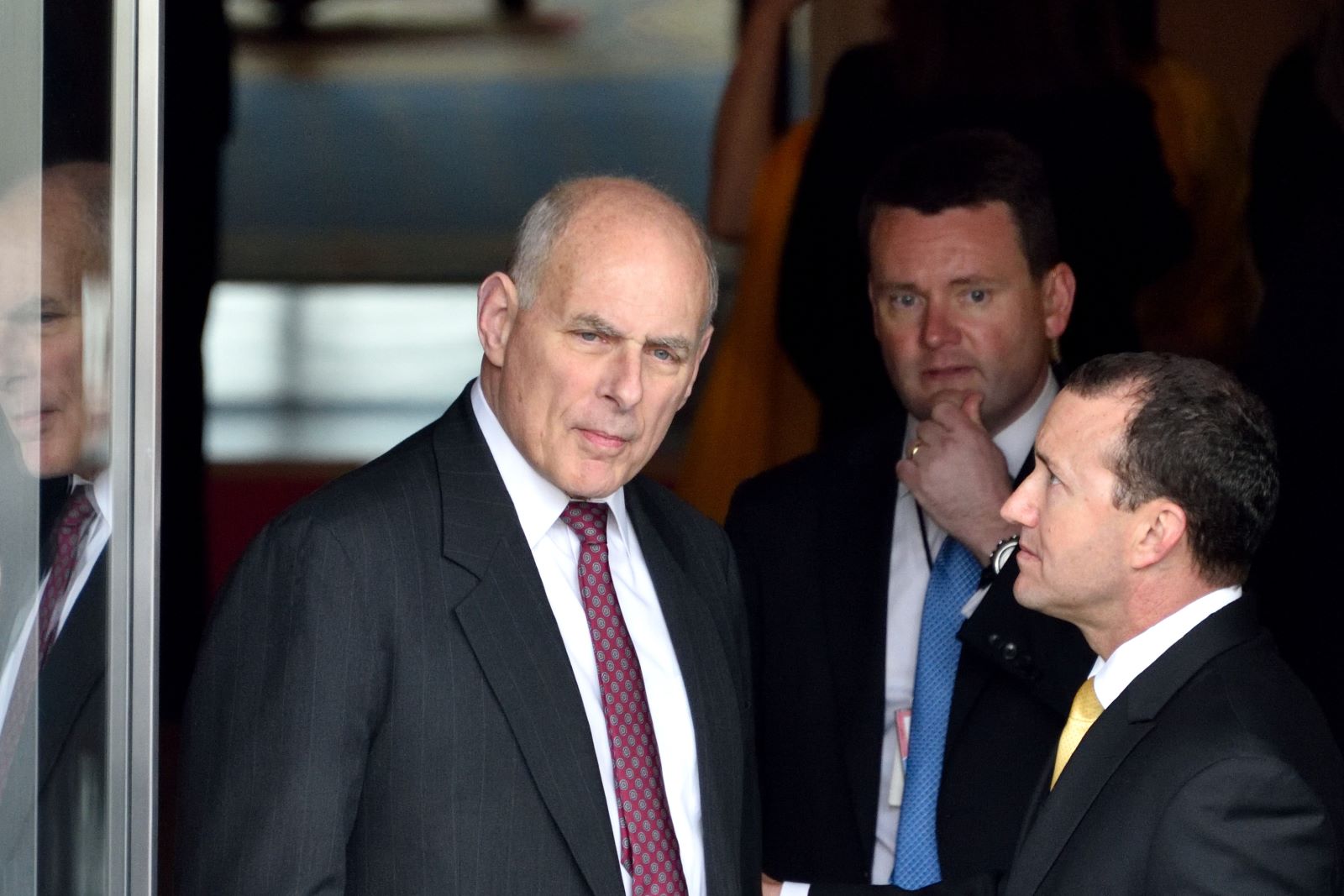
Image Credit: Shutterstock / Evan El-Amin
Kelly has personal ties to the auto industry and opposes emissions regulations affecting this sector. His stance reflects a conflict between business interests and the necessity for environmental regulation.
Time for Accountability?
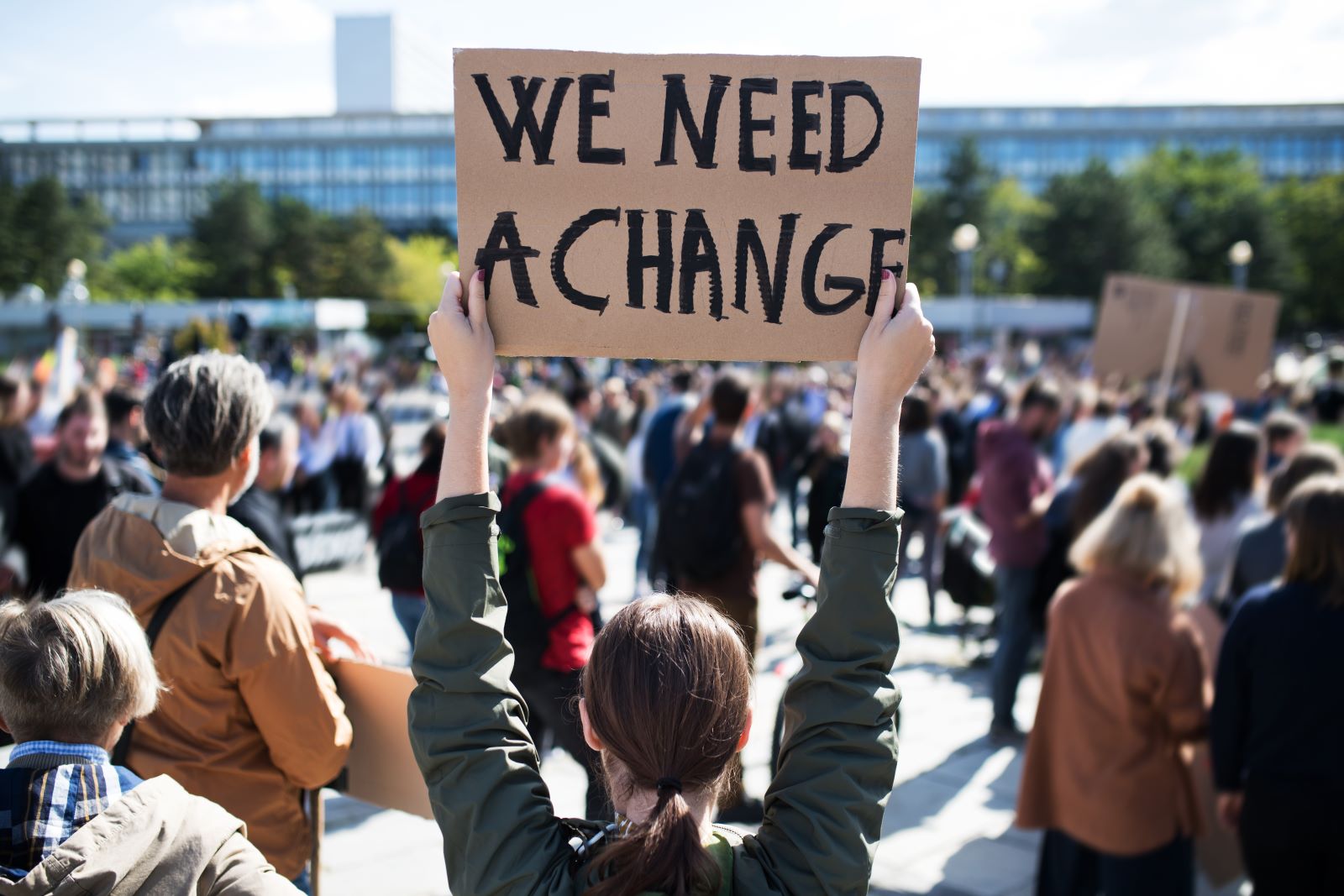
Image Credit: Shutterstock / Ground Picture
These examples highlight the complexity of political motivations behind climate change denial among U.S. politicians. As citizens, isn’t it time we hold our leaders accountable for putting personal and financial interests over the planet’s health?
Oil Dumping Scandal Rocks Ships Heading to New Orleans

Image Credit: Shutterstock / Aerial-motion
Two shipping companies have been fined after knowingly hiding a large oil spill in the Atlantic Ocean. Oil Dumping Scandal Rocks Ships Heading to New Orleans
20 Eye-Opening Realities Facing Retiring Baby Boomers

Image Credit: Shutterstock / Jack Frog
As Baby Boomers approach retirement, the promise of leisure and security often seems unattainable. This generation faces unique challenges that could redefine retirement. Here’s a stark look at the realities shaping their outlook. 20 Eye-Opening Realities Facing Retiring Baby Boomers
Retail Apocalypse: Massive Closures Sweep Across U.S. Brands

Image Credit: Shutterstock / Tada Images
Stores across the U.S. are closing at unprecedented levels, according to new research from advisory firm Coresight Research. Read on for more information about the impact this could have on you and your communities. Retail Apocalypse: Massive Closures Sweep Across U.S. Brands
Featured Image Credit: Shutterstock / Consolidated News Photos.
For transparency, this content was partly developed with AI assistance and carefully curated by an experienced editor to be informative and ensure accuracy.

